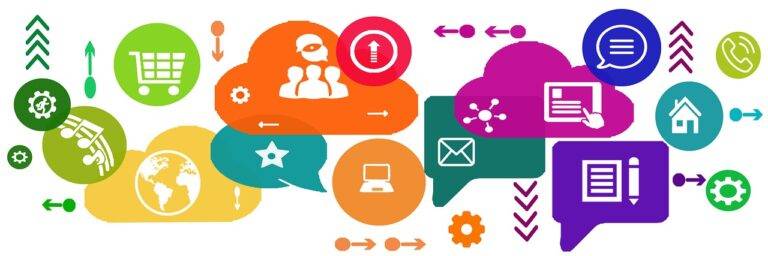The Future of Smart Transportation Systems
Urban areas are grappling with increasing population densities, leading to overcrowded streets and public transportation systems that are often insufficient to meet the high demand. The lack of efficient infrastructure and the increasing number of vehicles on the road contribute to congestion, leading to longer commute times and environmental concerns such as air pollution.
In addition to congestion, urban mobility faces challenges in ensuring safety for all road users. With a mix of pedestrians, cyclists, and various types of vehicles sharing the same space, there is a heightened risk of accidents and conflicts. Inadequate pedestrian infrastructure and poorly designed intersections further exacerbate safety concerns, making it imperative to address these issues to create a more sustainable and user-friendly urban transportation system.
Impact of Autonomous Vehicles
Autonomous vehicles, with their ability to operate without human intervention, are poised to revolutionize the way we navigate our cities. The potential impacts of these vehicles extend far beyond just convenience and comfort – they have the power to significantly reduce traffic congestion, improve road safety, and mitigate the environmental impact of transportation.
One of the key advantages of autonomous vehicles is their potential to optimize traffic flow through improved coordination and communication. By sharing real-time data with each other and with traffic infrastructure systems, these vehicles can navigate routes more efficiently, reducing congestion and shortening travel times for all road users. This increased efficiency not only benefits individual commuters but also contributes to a more sustainable urban environment by decreasing emissions and fuel consumption.
Integration of AI in Transportation Systems
Artificial Intelligence (AI) is reshaping transportation systems globally, bringing in a wave of innovation and efficiency. One of the key areas where AI is making a significant impact is in traffic management. By utilizing AI algorithms to analyze real-time traffic data, transportation authorities can make informed decisions to optimize traffic flow, reduce congestion, and improve overall commuter experience.
Moreover, AI is revolutionizing public transportation services by enabling predictive maintenance of vehicles, ensuring optimal scheduling, and even enhancing safety measures. Through the integration of AI-powered sensors and data analytics, transportation operators can accurately predict potential issues before they escalate, leading to improved service reliability and passenger satisfaction. The continuous advancements in AI technology are paving the way for smarter, more sustainable transportation systems that cater to the evolving needs of urban populations.





